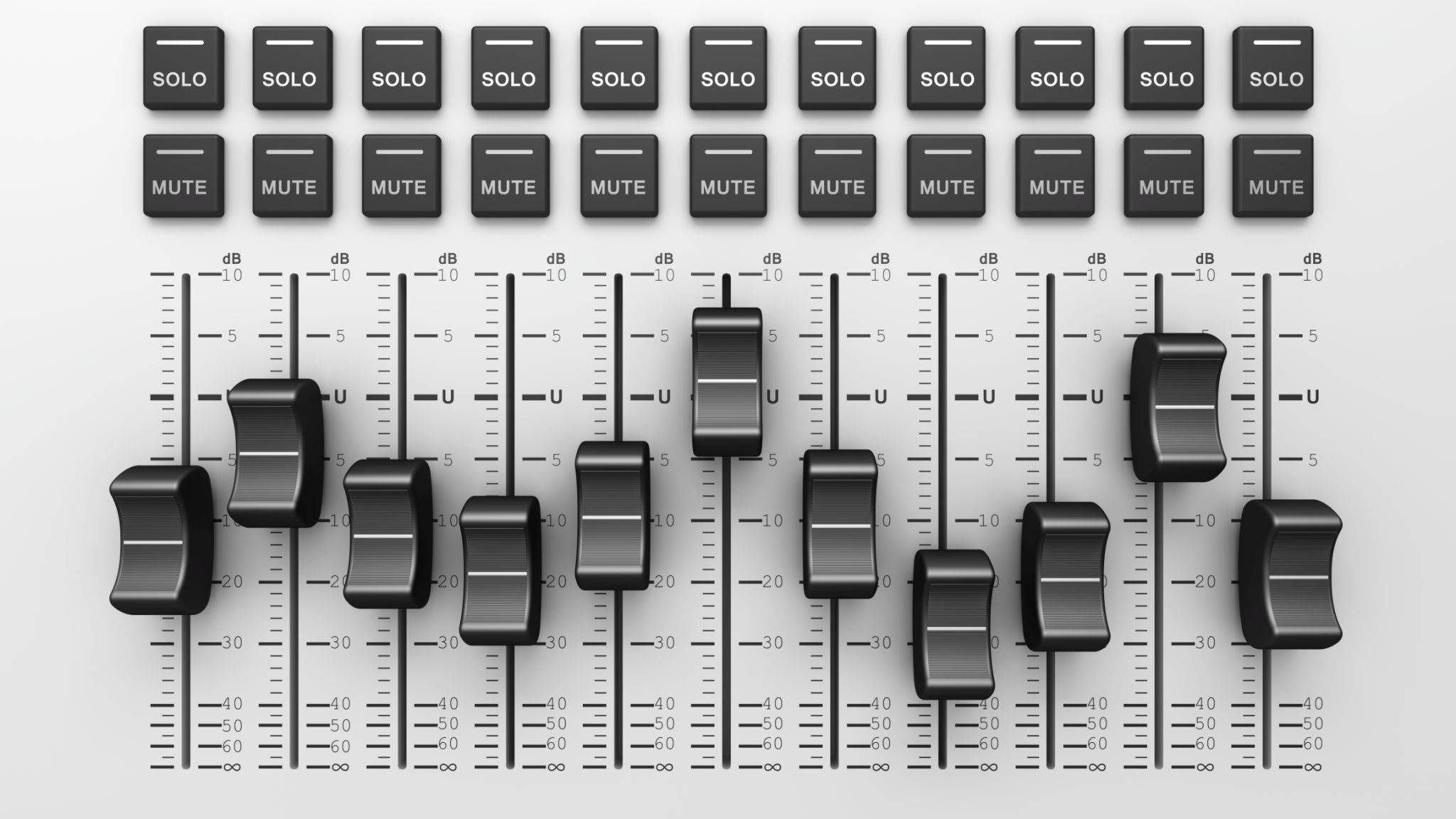Top 10 Music Production Tips from 20 Years of Experience
Master Your DAW
In the realm of music production, your Digital Audio Workstation (DAW) is your most powerful tool. Whether you’re using Ableton Live, FL Studio, Logic Pro, or any other software, dedicating time to master it is crucial. Knowing shortcuts, understanding plugins, and customizing your workspace can significantly boost your productivity and creativity.
Spend a few hours each week exploring new features and watching tutorials. This consistent learning approach will ensure that you stay updated with the latest advancements and techniques, enabling you to fully utilize the capabilities of your DAW.

Sound Design and Sampling
Creating unique sounds can set your music apart. Experiment with different synthesizers and samplers to develop your signature sound. Don’t shy away from tweaking presets; instead, use them as a starting point for your creativity. Layering multiple sounds can also add depth and complexity to your tracks.
Sampling is another powerful technique in music production. Whether you’re using classic vinyl samples or creating your own, ensure they fit seamlessly within your track. Remember, creativity in sampling can lead to unexpected and exciting results.
Arrangement and Composition
Understanding song structure is key to producing music that resonates with listeners. Study the arrangements of songs across various genres to learn how they build tension and release it at the right moments. This knowledge will help you craft engaging compositions.

Experiment with different song structures. Even if you’re producing in a specific genre, integrating unconventional elements can make your music stand out. The balance between predictability and surprise is what keeps listeners engaged.
Mixing Techniques
The mix of a track can greatly affect its impact. Start by ensuring each element has its space in the frequency spectrum. Use EQ to carve out frequencies and avoid clashing sounds. Panning is another effective tool to create a wide and immersive soundstage.
Compression is vital for balancing dynamics but be cautious not to overdo it, as it can squash the track’s natural energy. Additionally, reverb and delay can add depth and space but should be applied judiciously to prevent muddiness.

Mastering Your Track
Mastering is the final step in music production and often requires a fresh set of ears. If you’re new to mastering, consider outsourcing this process to a professional. However, if you choose to do it yourself, ensure you’re working in an acoustically treated room with high-quality monitors.
Focus on achieving a balanced sound that translates well across different playback systems. Pay attention to loudness levels and dynamic range; these are crucial for maintaining the track’s integrity while making it commercially competitive.
Stay Inspired and Keep Learning
Finally, remember that music production is an ever-evolving field. Stay inspired by listening to different genres, collaborating with fellow musicians, and attending workshops or seminars. Keeping your creative juices flowing will help you stay motivated and continuously improve your skills.

The journey of music production is as much about experimentation as it is about learning established techniques. Embrace both aspects, and you'll find endless possibilities in creating music that truly speaks to you and your audience.